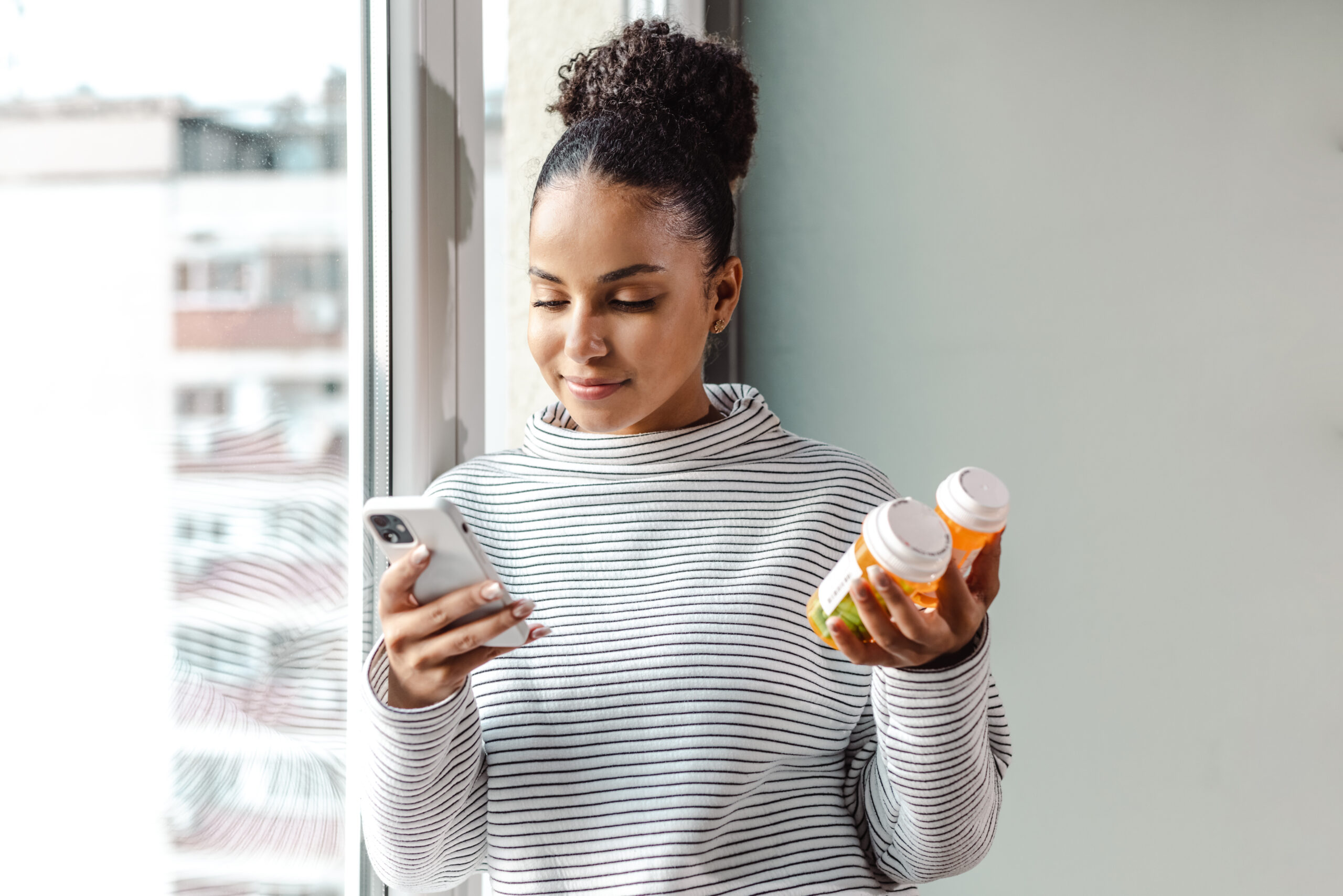Psychiatric medications typically change the levels or activity of different neurotransmitters in the brain, and in that way, they alter how we feel and perceive our world. This may sound intimidating to some people. I often hear: “I don’t want to be dependent on medicine,” “It’s a crutch,” “I don’t feel like me,” and “I feel numb on the medication.”
I totally understand these fears. How we experience our world is highly personal and intimate. Changing that can feel extreme. However, there are three problems with taking a hard stance against medications.
First, we change the neurotransmitters in our brains all the time in many ways. We do this when we watch an exciting, interesting, and inspiring movie. We feel differently because this experience is mediated by neurons firing, which requires neurotransmitters. Other effective ways of changing our feelings and the brain’s neurotransmitter environment include exercise and meditation. That’s why these behavioral interventions are often recommended—they work. However, sometimes we need all the tools in our toolbox, and medications are a powerful tool.
This brings us to the second major reason why it is important to take medications when indicated: When they are recommended, it is because they are needed. There is a medical condition, and there is a therapeutic intervention (in this case, psychiatric medication) that will treat the condition and help alleviate suffering. Who wants to suffer?
The third reason is very sneaky but also very real and common: people are afraid. They are not just afraid of depending on a drug but of depending on anything. This fear can stem from a psychological conflict where they never experienced someone caring for them safely, and this fear can be transferred psychologically onto the medication.
I would like to make a final note about side effects. When figuring out the right medicine for someone, side effects may come up. This is part of the process of finding the right medication and the art of psychiatric medication management: finding the best medicine for someone with the least side effects or no side effects. Often, with some work, this is possible. There is hope; you don’t have to suffer.




